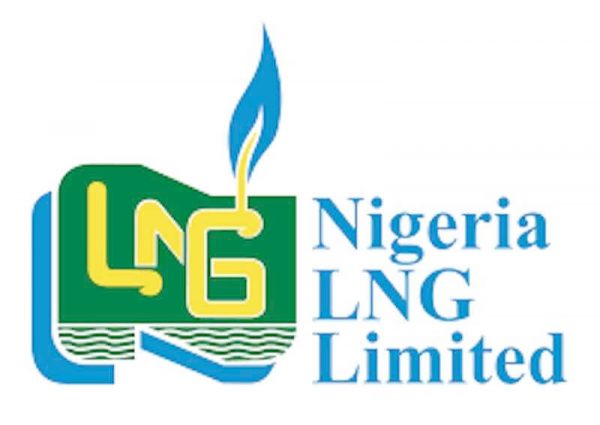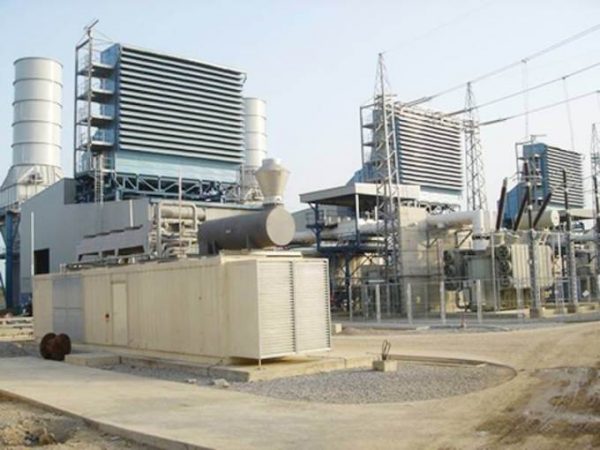NLNG plans construction contract for $10bn Train 7 project
 The Nigerian LNG Limited has said it is making significant progress in activities that will lead to the formal award of engineering, procurement and construction contracts for its Train 7 project.
The Nigerian LNG Limited has said it is making significant progress in activities that will lead to the formal award of engineering, procurement and construction contracts for its Train 7 project.
The NLNG announced in September 2019 that it had issued a Letter of Intent for the EPC contract to SCD JV Consortium, which is made up of Saipem of Italy, Japan’s Chiyoda and Daewoo of South Korea.
The company’s shareholders took the final investment decision on the project in December 2019 after being delayed for more than 10 years.
The Train 7 project aims to increase the company’s production capacity from 22 metric tonnes per annum to about 30 MTPA, and will form part of the investment of over $10bn, including the upstream scope of the LNG value chain, according to the company.
“Arrangements for the Train 7 project construction are ongoing. The NLNG is making significant progress in its post-FID activities,” the Manager, Corporate Communications and Public Affairs, NLNG, Sophia Horsfall, said in an emailed response to questions.
She said the activities would ultimately lead to the formal award of EPC contracts to the preferred bidders.
All the international oil companies involved in the project and the Nigerian National Petroleum Corporation have been hit hard by the slump in crude oil prices.
The NLNG is jointly owned by the Federal Government, represented by the NNPC (49 per cent), and three IOCs, namely Shell (25.6 per cent), Total (15 per cent) and Eni (10.4 per cent).
The international oil price benchmark, Brent crude, which rose to as high as $70 per barrel in January slumped to as low as $15.98 per barrel last month. It traded around $26 per barrel on Monday.
Royal Dutch Shell announced last week a loss in the first quarter of 2020 and cut its dividend for the first time since 1945. The oil major had said it would reduce capital spending to $20bn for 2020 from its previously planned $25bn.
Total said in March that it would cut its capital spending by around 20 per cent to below $15bn, while Eni said it would reduce its 2020 capital expenditures by €2bn, or 25 per cent.
Asked about the impact of the current market realities on the sale of LNG by the NLNG in the international markets, Horsfall said, “Nigeria LNG sells its LNG via long-term contracts with its customers.
“Indeed, the market realities of low prices, economic lockdown induced by COVID-19 scourge, have changed the business landscape including the LNG business.
“The NLNG continues to closely monitor the global impact of COVID-19 and adapt as appropriate to meet our contractual obligations and achieve resilience.
“We have to do this while complying with local and international COVID-19 and government regulations as well as the NLNG’s corporate commitment to ensuring the safety and wellbeing of all those involved in our operations.”







